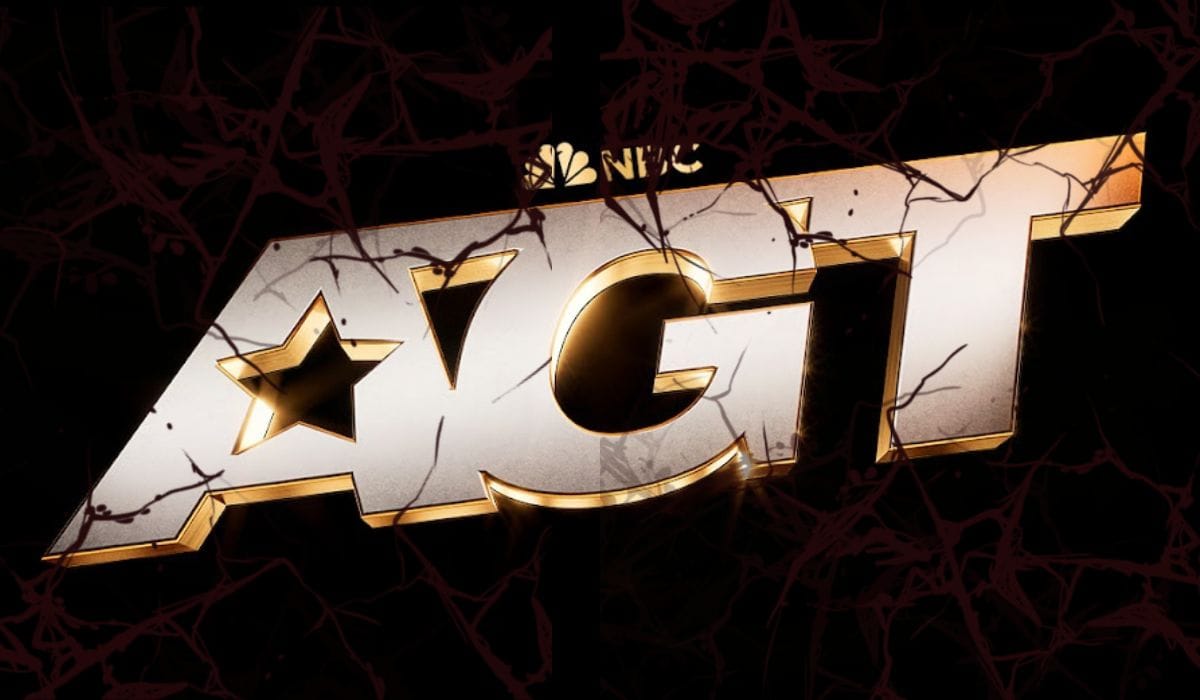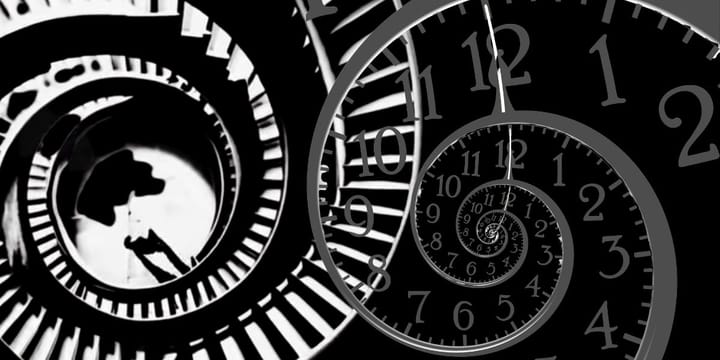Simon Cowell: Here we go again
TBH, I was never a SC fan. I never bought the talk that Cowell was an industry mover but he did build an empire on exploitation.

Oh, you stress me out, you kill me … and here we go again.
Those are a few lyrics from Louis Tomlinson's Back to You (remember him, Simon?). They weren't aimed at Simon but this morning I found those words in my head after another article about Cowell’s new Netflix show to find the next big boy or girl band to exploit take to fame.
Cowell wasn’t born a mogul. He grew up in London, the son of Eric Cowell, an executive at EMI Music Publishing, and Julie Brett, a ballet dancer and socialite. Education was never his strength — he bounced between private schools, eventually dropping out of Dover College at 16. Instead, he slipped into the music industry through his father’s connections, starting in the mail room at EMI. From there, his connections got him into A&R (the talent-scouting side of the business). Cowell was never a musician, never a performer, never a songwriter. He was a businessman with an eye for what would sell. And yes, I will give him credit for his ability to recognize the soft spots of cultural shifts.
Before Cowell was crushing (and sometimes making) dreams on The X Factor, he was instrumental in the music success of the Teletubbies in 1997. As an A&R executive at BMG, he brokered the deal for their #1 UK hit single, "Teletubbies Say 'Eh-oh!'". He signed them to his record label, turning the TV characters into pop stars, a connection he emotionally revisited when they auditioned on his show Britain's Got Talent in 2022.
Critics were sharply divided on Teletubbies; many found it mindlessly repetitive, lacking educational value, and even disturbing (leading to protests and accusations of being a "bad influence"), while others defended it as perfectly suited for its toddler audience, praising its simple, colorful world. The show sparked intense debate, with critics labeling it bizarre or commercialized, contrasting with its massive popularity and success. And Cowell? He cashed the checks.
This is what Cowell’s is very good at: manipulation and chaos creation. It was proof he didn’t need quality, artistry, or substance to succeed. He just needed spectacle.
His first company went bankrupt. But failure didn’t slow him down. By the time Pop Idol came calling in 2001, Cowell had rebuilt himself as the man who could take anything and turn it into money. Pop Idol was the spark that lit the fire. Created by Simon Fuller, it was meant to be a glossy UK talent show. But it was Cowell’s sneering commentary that made it memorable. He didn’t just critique; he humiliated.
When Will Young won in 2002 and Gareth Gates followed close behind, both became massive stars, but it wasn’t the music that had people talking. It was Cowell’s barbs. He was the villain judge who crushed dreams with lines like, “That was absolutely appalling” or “You should never, ever sing again.”
It was mean, and it was entertaining. And Cowell realized something: cruelty sells. So when American Idol launched in 2002, he imported his persona to the U.S. Audiences didn’t just tune in for the singers. They tuned in to see Simon roll his eyes, yawn, or deliver the fatal career blow to some artistic dreamer. His insults were replayed on talk shows, quoted in magazines, and shared like punchlines.
Those moments made Simon Cowell bigger than the contestants.
He built a persona where he was the only one with “real” vision, the only one brave enough to say what others wouldn’t. The contestants, whether they were talented or not, became props in his performance. The audition stage wasn’t about discovering stars. It was about showcasing Cowell’s ability to humiliate. And humiliation, apparently, was ratings gold.
And the culture was shifting again. Some would say 2001 was the beginning of the wheels coming off of everything. The early 2000s were marked by global military conflicts, economic downturns, and natural disasters. At the same time the music and entertainment industry was going through major shifts with the digital revolution exploding whatever was into something completely new. And with uncertainty comes a desire for escapism and relatable narratives. The timing was perfect.
His next exploitation was the band One Direction where he pulled together five naïve, inexperienced, and wide-eyed teenage boys. What they lacked in experience they made up in innocence and energy. Simon knew he would soon discover the magic hook — that one thing, the narrative fuel for his next spectacle.
With The X Factor, Cowell became more than a judge, he became the architect. This was his show, his empire. The special X-Factor contracts they signed were different from the usual and tied them directly to his label, Syco, guaranteeing him profit no matter who succeeded or failed.
The cruelty got slicker. Contestants were mined for their sob stories, with cameras lingering on their tears. Bad auditions were packaged as comedy. And the pressure to perform and fit into the narrative producers wanted, left many contestants broken.
And broken is exactly how some of them later described it:
- Rebecca Ferguson (runner-up, 2010) tweeted that she was pressured into signing contracts she didn’t want: “I was forced to sign with a label I didn’t want to sign with. I was forced into things I didn’t want to do. I still have nightmares.”
- Katie Waissel (7th place, 2010) admitted years later that her experience left her traumatized: “I am one of the many that suffered at the hands of the show. It ruined my life. The show ruined my life.”
- Jedward (John and Edward Grimes, 2009 contestants) didn’t hold back: “Every contestant was a slave to the show and got paid zero while they made millions. The show was a toxic hell. You were owned.”
When Cowell took the reins of America’s Got Talent, some thought he might soften, but it was just cruelty repackaged. After all, AGT is a broader stage, not just singers, but dancers, magicians, comedians, even children. Surely, a man of his stature wouldn’t rip into kids the same way he once mocked tone-deaf adults? But he did. Changing the scope of the acts just provided more targets. He brought the same eye-rolls, the same cold putdowns, the same dismissive buzzing of acts mid-performance. On AGT, his cruelty expanded to include anyone: a nervous child, a vulnerable comedian, even older contestants chasing one last shot at a dream.
The audience still laughs. They still cheer when he buzzes someone off. And that, to me, is what makes it worse. It’s not just him anymore. It’s a culture that has been trained to find pleasure in other people’s humiliation. He normalized public shaming as a form of family entertainment. He turned sneering into a career path. And in doing so, he set a tone that rippled through all of reality TV: if you’re not mocking, you’re not memorable.
Nobody cares if you’re boring.



